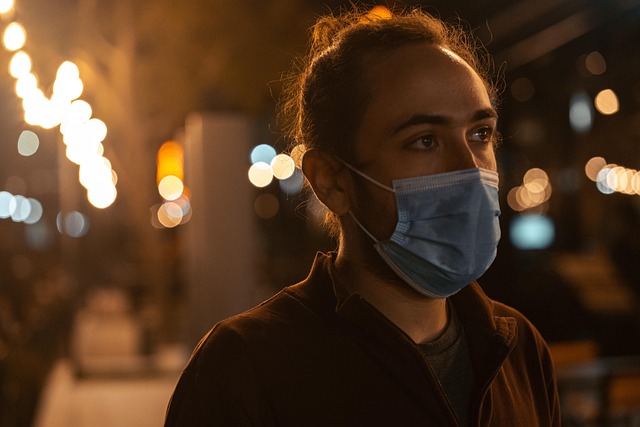Heartland Behavioral Health, once a trusted mental health provider, has been engulfed by a scandal of serious misconduct, including unethical practices, excessive medication, and physical restraint, causing profound trauma to vulnerable patients. Victims and their advocates are crucial for achieving justice, accountability, and preventing future incidents. Advocacy fosters transparency, rebuilds trust, and drives policy changes, ensuring such behaviors are unacceptable in mental health care. Through strategic actions like sharing personal stories, engaging policymakers, and media outlets, survivors contribute to a safer, more supportive environment for everyone.
Heartland Behavioral Health, a prominent mental health care provider, has faced scrutiny for misconduct, leaving many victims seeking justice and support. This article explores the critical role of advocacy in healing and empowering individuals affected by Heartland’s unethical practices. We delve into the impact of such misconduct and provide strategies for effective advocacy, offering hope and guidance to those navigating this challenging landscape. By understanding Heartland Behavioral Health’s reach and the power of collective action, victims can create positive change.
- Understanding Heartland Behavioral Health and its Impact
- The Role of Advocacy in Supporting Victims
- Strategies for Effective Advocacy and Creating Change
Understanding Heartland Behavioral Health and its Impact

Heartland Behavioral Health is a prominent organization that provides mental health services and support to individuals across various regions. However, recent revelations about misconduct within the institution have brought to light a dark side to its operations. The Heartland Behavioral Health scandal involves allegations of unethical practices, mistreatment, and harm inflicted upon vulnerable patients. These claims include excessive medication prescription, inappropriate physical restraint, and neglect, causing significant psychological trauma.
The impact of such misconduct is far-reaching, affecting not just the victims but also their families and the broader community. Many survivors have come forward to share their stories, shedding light on the potential long-term effects of this mistreatment. Advocacy for these victims is essential to ensure justice, accountability, and prevention of similar incidents in the future. By holding Heartland Behavioral Health accountable, we can foster a culture of transparency and promote ethical standards within the mental health care sector.
The Role of Advocacy in Supporting Victims

Advocacy plays a pivotal role in supporting victims of misconduct at Heartland Behavioral Health, offering them a voice and a path to healing. It provides a safe space for individuals to share their experiences, fostering an environment of understanding and empathy. Through advocacy, victims can connect with peers who have gone through similar situations, creating a sense of community and belonging. This network of support is instrumental in helping them rebuild trust and regain control over their lives.
Moreover, advocacy ensures that the needs and concerns of Heartland Behavioral Health victims are heard by relevant authorities and decision-makers. It drives positive changes within the institution, encouraging better policies and practices to prevent future misconduct. By advocating for transparency and accountability, victims contribute to a culture where such behaviors are not tolerated, fostering a safer and more supportive environment for everyone involved.
Strategies for Effective Advocacy and Creating Change

Advocating for victims of misconduct requires a strategic approach, especially when tackling complex issues within institutions like Heartland Behavioral Health. One effective strategy is to gather and share personal stories, bringing attention to the human impact of such misdeeds. This can be achieved through support groups, where survivors can connect, share their experiences, and offer mutual encouragement. By amplifying these narratives, advocates create a powerful tool to challenge the status quo and demand change.
Additionally, advocacy efforts should focus on policy reform and improved accountability measures. This involves researching and proposing changes to existing laws or guidelines that could better protect individuals and prevent future misconduct. Engaging with local policymakers and media outlets can help spread awareness and put pressure on institutions like Heartland Behavioral Health to implement more robust ethical standards and transparency practices.
Victims of Heartland Behavioral Health’s misconduct deserve support and representation. By understanding the profound impact of such actions, we can empower victims through advocacy. This includes raising awareness, implementing effective strategies, and pushing for systemic change to ensure no one endures similar experiences. Together, we can create a safer, more supportive environment, offering justice and healing for those affected by Heartland Behavioral Health’s misconduct.
